The House v. NCAA settlement has been presented as a major step toward increasing college athletes’ economic rights—and many industry stakeholders agree the revenue-sharing component is a particularly huge win for players.
But the settlement goes far beyond the scope of the original lawsuit, covering issues normally negotiated through only players’ unions. Front Office Sports spoke with several industry stakeholders who say the settlement is actually attempting to be a collective bargaining agreement—despite the fact athletes don’t have a union to negotiate on their behalf.
“This settlement is a new set of guardrails,” Jim Cavale, founder of athlete advocacy group Athletes.org, tells FOS. “And if the athletes aren’t involved in negotiating … it’s unfair. And we’re going to end up right back where we are.”
When players enter into a CBA in the pros, a professional union represents them. But in this case, lawyers for a specific set of plaintiffs are negotiating the terms of the settlement. The named plaintiffs chose their lawyers, of course, but the rest of Division I athletes—who would be impacted by the settlement in some way—did not.
As a result, athletes are uninformed about the terms of the settlement, say lawyers and athlete advocates, and many are unaware that a settlement conversation potentially impacting them is taking place at all. Groups of players have submitted multiple objections—but most are already suing the NCAA, and therefore more informed than the average athlete.
“The athletes who it’s impacting the most had no say in it,” Russell White, president of The Collective Association, tells FOS. “They had little to no input. Most of them don’t understand what’s in it, and what that actually means for them as a current athlete or an incoming athlete. And I think that’s a shame.”
If fewer athletes are aware of the settlement, there are fewer opportunities to challenge it. “I think that’s intentional,” Cavale says. “I think the schools don’t expect the athletes to inform themselves on this.”
Fairness is just one issue. Without a collective bargaining process, several elements of the settlement may not withstand future legal challenges.
Take the cap on revenue sharing. The settlement uses a formula to determine the maximum amount of money a school can share with athletes (around $22 million). It’s reminiscent of a salary cap, which usually isn’t legal under antitrust law without collective bargaining. Third parties, or athletes who opt out of the deal, could challenge that ceiling in future litigation, says sports attorney Mit Winter.
The settlement would also try to curb the power of NIL (name, image, and likeness) collectives by allowing a third party to police NIL deals that are more than $600—a restriction that doesn’t exist anywhere in U.S. pro sports, and which lawyers and collective operators expect to be challenged in court.
Plaintiff lawyers have said in court documents that the settlement isn’t a CBA, and that it could be renegotiated if players can one day form a union. They’ve also reiterated that the settlement doesn’t protect the NCAA from all types of lawsuits in the future, particularly those related to athlete employment status.
But the NCAA, for its part, wants to turn the House settlement into a permanent governing document for D-I college sports: The organization is urging Congress to codify it into law, and add other provisions that would keep the NCAA from having to reform further. “This settlement is also a road map for college sports leaders and Congress to ensure this uniquely American institution can continue to provide unmatched opportunity for millions of students,” the five commissioners and NCAA president Charlie Baker said in a joint statement in May.
But short of a federal law, the NCAA won’t be able to skirt around negotiating with players for much longer. Sports attorney and New York Law School professor Dan Lust tells FOS: “This settlement is incapable of replacing what is a collective action by a union.”
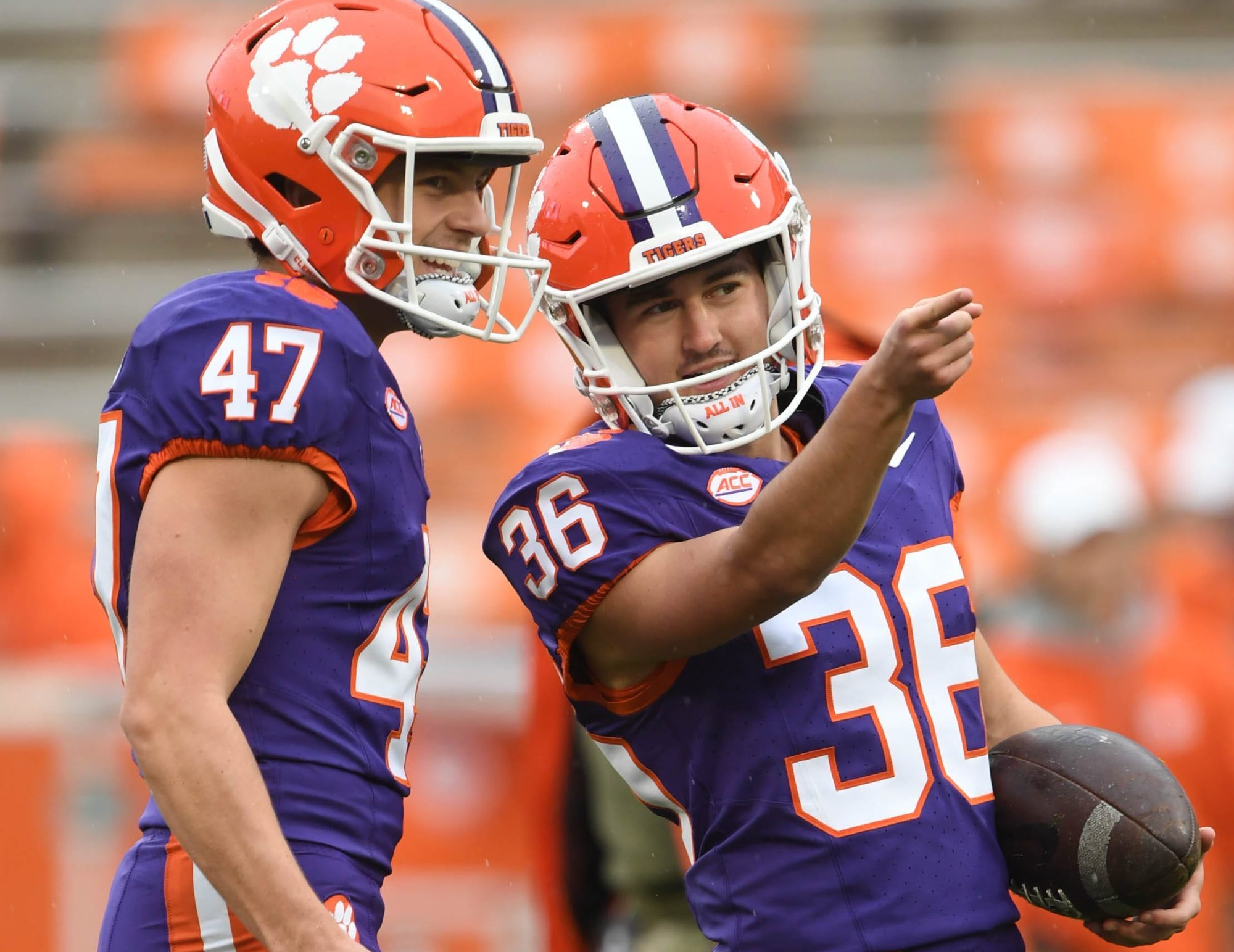
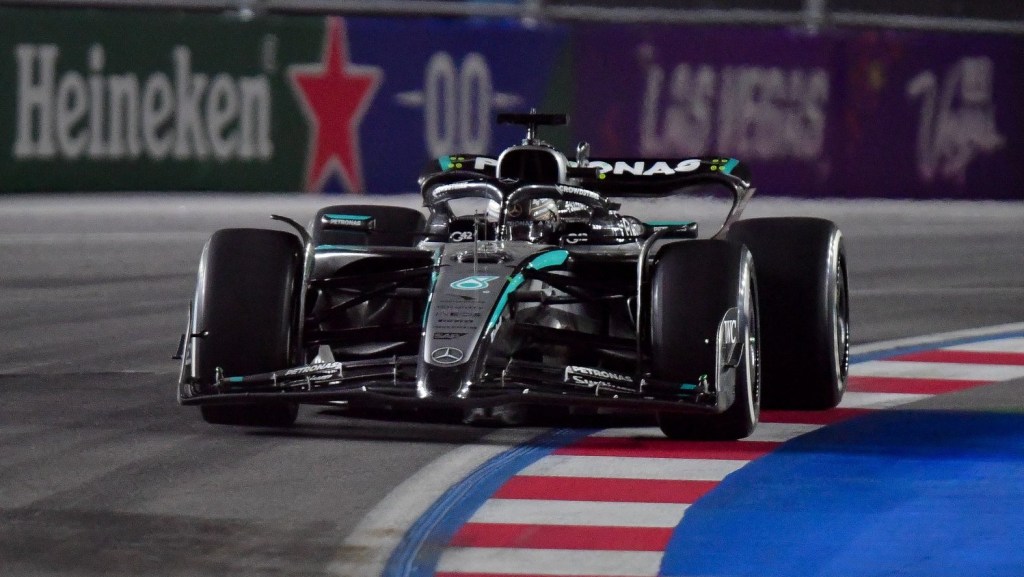
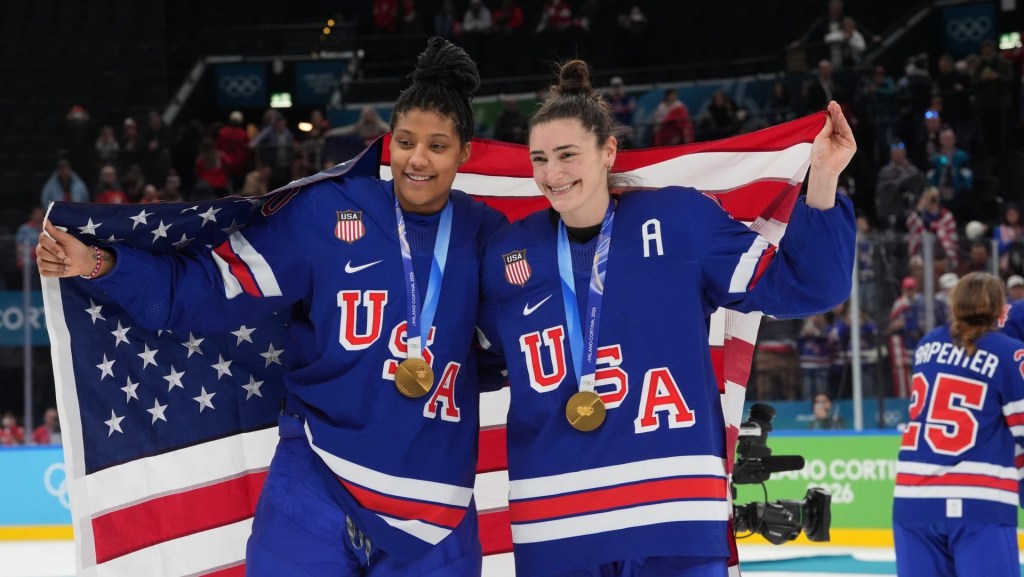
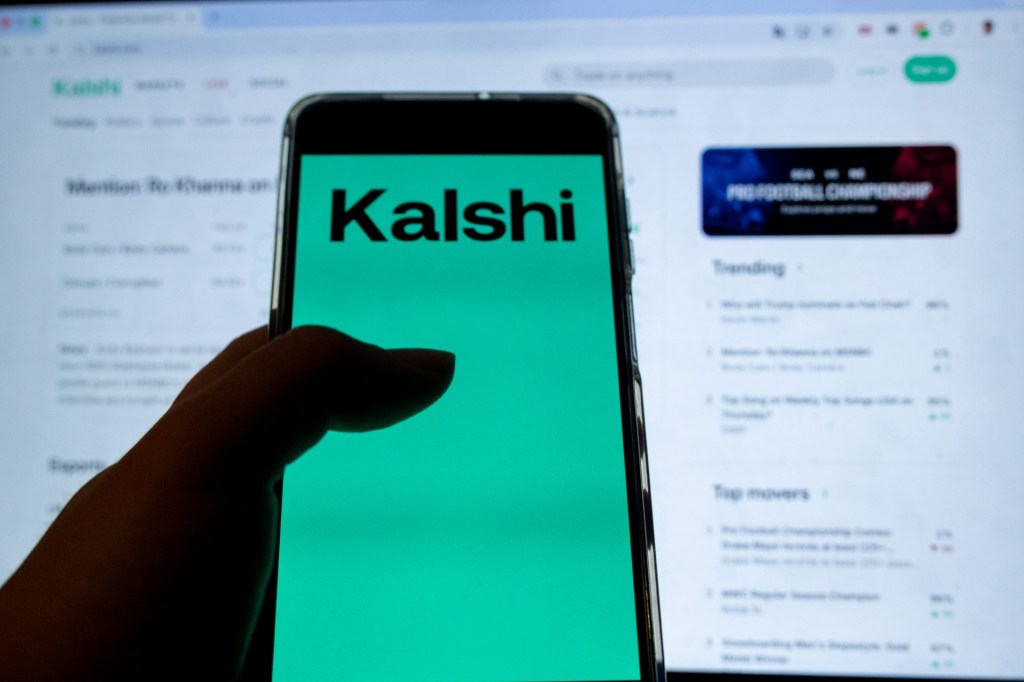
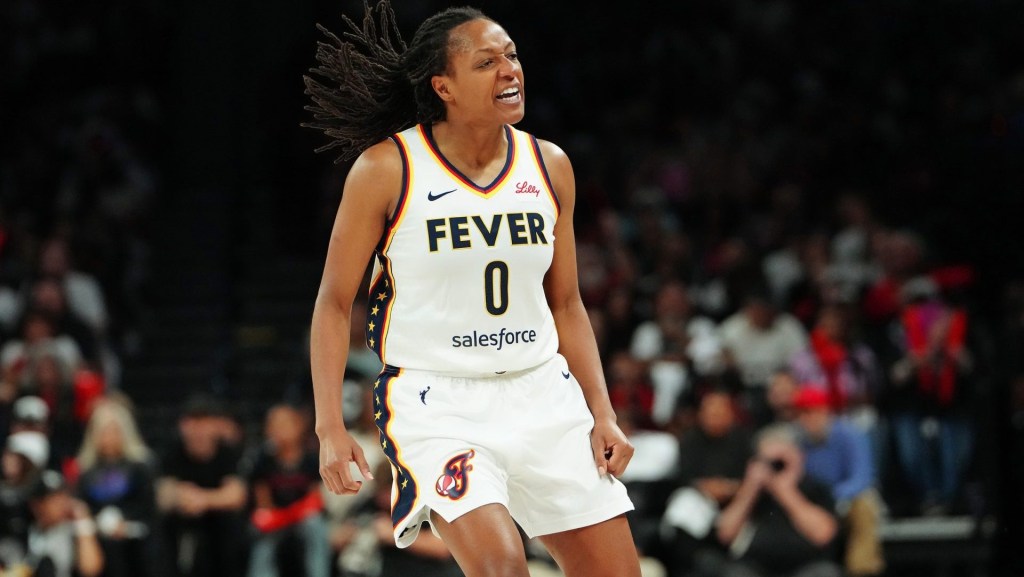
![[Subscription Customers Only] Jul 13, 2025; East Rutherford, New Jersey, USA; Chelsea FC midfielder Cole Palmer (10) celebrates winning the final of the 2025 FIFA Club World Cup at MetLife Stadium](https://frontofficesports.com/wp-content/uploads/2026/02/USATSI_26636703-scaled-e1770932227605.jpg?quality=100&w=1024)











